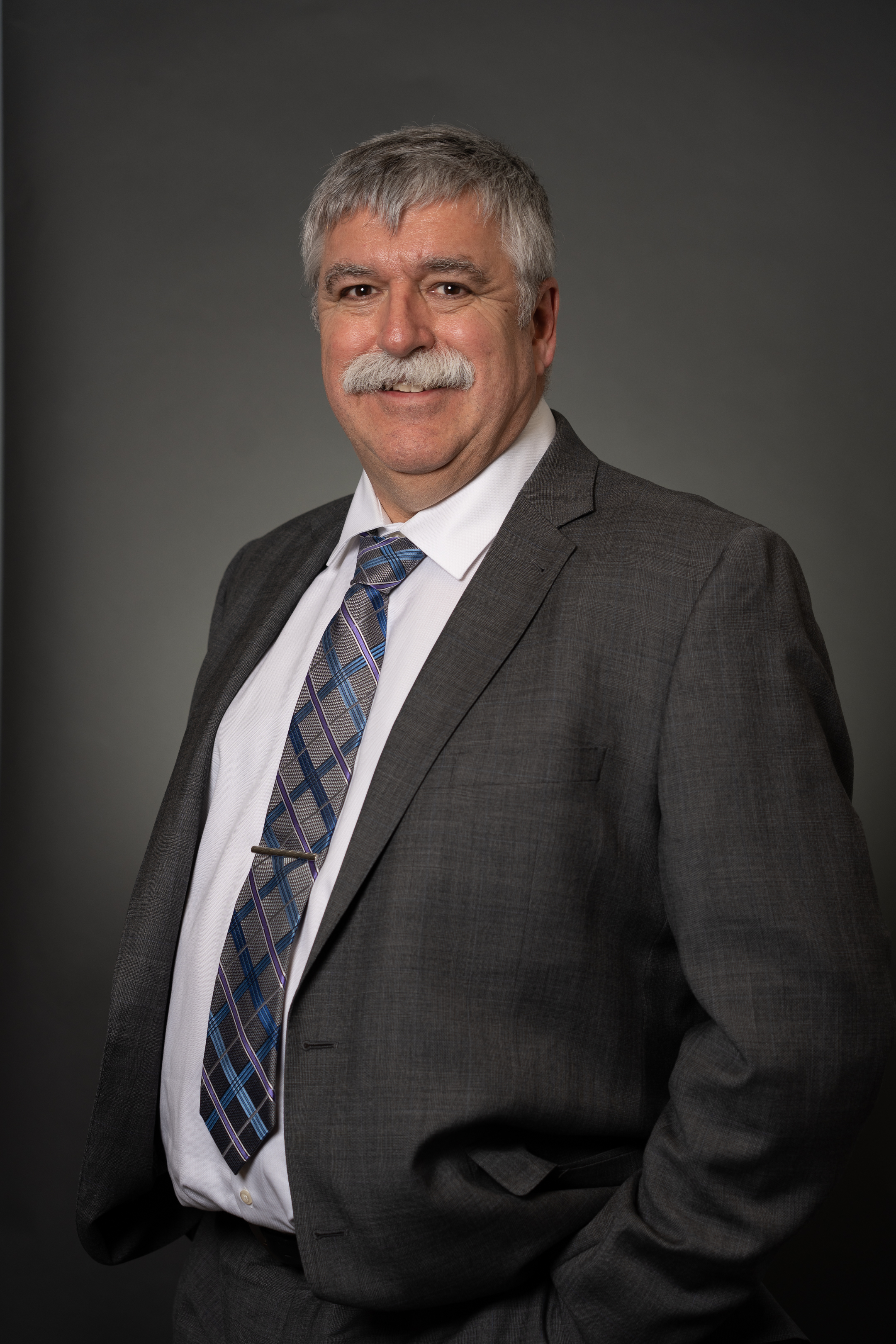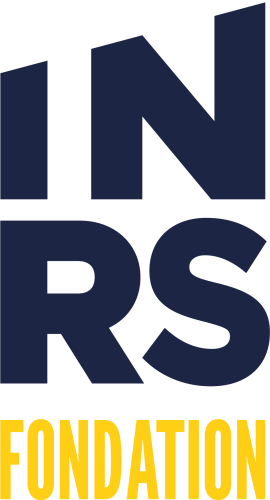
“For me, INRS is of course the rigour and excellence of science, but it is above all the impetus that forces us to surpass ourselves, that pushes us forward to take us even further.
Receiving a Prix Lumières Award is certainly a recognition of the path I have travelled, but for me it is also a reminder that what we do counts, that we can make a difference and that we must not stop.
What motivation I see in this! Thank you from the bottom of my heart.”
Sabin Boily
M.Sc. in energy sciences, 1990
Ph.D. in energy sciences, 1994
President, Groupe YDEE
2023 Prix Lumières Awardee • Starburst Award
Why did you choose to study at INRS?
My interest in INRS began during a summer internship after my second year of my bachelor of engineering physics at Polytechnique Montréal. I had obtained an NSERC scholarship for this internship. It introduced me to INRS and allowed me to work there for the whole summer. But more importantly, it confirmed that this was the type of stimulating environment I wanted to do research in, because I knew I would love to do it, as far back as I can remember.
What do you remember about your experience at INRS?
I remember sincere and lasting friendships—some of which still endure today!—, long hours of work of course, but above all, the profound satisfaction felt when we obtained positive and very interesting results. You know, to make you smile and for my colleagues of my time, results predicted by our Fortran codes that were confirmed on the “analogic” scope or on the screen of the scanning electron microscope and that we immortalised on Polaroid film!
Do you have a favourite memory of the campus?
Not just one, but two good memories: the endless discussions in the evening about everything and anything with friends in the little room that served as a cafeteria and helping each other out when there was a problem, no matter what the problem.
What is the most important lesson you have learned from your time at INRS?
The results come with the effort, the work and the heart that you put into it. Hamid, my thesis director, is an excellent example to follow in this respect!
Tell us about your career path since graduation.
My studies, my apprenticeships, my diplomas, as you say, have given me knowledge, method and rigour. For almost thirty years, they have enabled me to make choices and it is these choices, my choices, that have defined and still define the path that is traced behind me, that open up new paths that are presented to me.
My path is therefore one that straddles, on the one hand, the incessant need to have access to new knowledge, new sciences, new technologies and, on the other hand, the visceral need to concretely apply the latter in order to define, conceive and make available, in my own way, to the extent of my capacities and means, innovative initiatives and their distinctive spin-offs allowing, I dare to believe, a better future for humanity.
In my case, my deepest motivations concern advanced energies and materials in line with the environment in response to the climate emergency. You can understand and see the influence of the INRS here! I can say that my career path is resolutely in line with the “global health” approach. For me, this approach is defined as the health of the environment, of the fauna and flora in vitality “with” humanity, and not “for” humanity...
How has your time at INRS prepared you for your career?
This is a very interesting and relevant question. Wasn’t it Steve Job who said “Don’t be a career”? And I would add, because life is not a career... I will answer your question, if I may, in a broader sense.
When I was young, I often wondered whether I should have a career plan or, put another way, what life would hold for me and do with me if I didn’t have a career plan defined in great detail. Since I didn’t have a ready-made and satisfactory answer to this question, which was, after all, existential at the dawn of my adult life, I told myself at the time that it would be best for me to have several strings to my bow and to keep all the doors open as far as possible.
So I did a CEGEP in pure sciences, a bachelor’s degree in engineering physics instead of pure physics, and a master’s degree and a doctorate at INRS Énergie et matériaux (as they used to say!) to finish with a postdoc in nanomaterials. The INRS, like the other educational institutions I attended, provided me with knowledge, method and rigour. To be fair, it was the professors, teachers and researchers that I met who contributed and helped me to fill my toolbox with instruments that would be very useful for me to tackle the problems that life would throw at me. With such a well-stocked toolbox, which continues to grow day by day, as some would say, “Why use a knife when you already have a screwdriver?”
What advice would you like to give to current students?
I would like to step out of the university setting. I don’t know, I don’t think it’s advice. It’s more an observation that is unfortunately not repeated often enough. My generation and those before me are definitely part of the cause of climate change. To “current students”: you are the citizens of today and our decision-makers of tomorrow. Obviously, my future will be your future, but could we agree that, by then, it will be much more your present than mine. For my part, I am doing everything in my power to ensure that you have a future, a viable future moreover. But you, “current students,” you who are now filling your trunk with your tools, use them now to redefine the trajectory that will ensure this viable future for all. Your future, my future. I believe it is important to make your path known, to make your voice heard, now and in the future, to ensure that future.
What are your wishes for the future?
One wish for the future, expressed in a very simple and graphic way: “To do everything within my reach to be able to leave a block of clean air to my children, and one day, to my grandchildren.”
In other words, if I were to address those of my generation and those who preceded me, I would simply ask them the following question: “Can we, through our gestures, actions and decisions today and tomorrow, give our children the chance to grow old?”
That is my wish...
Thank you from the bottom of my heart.
